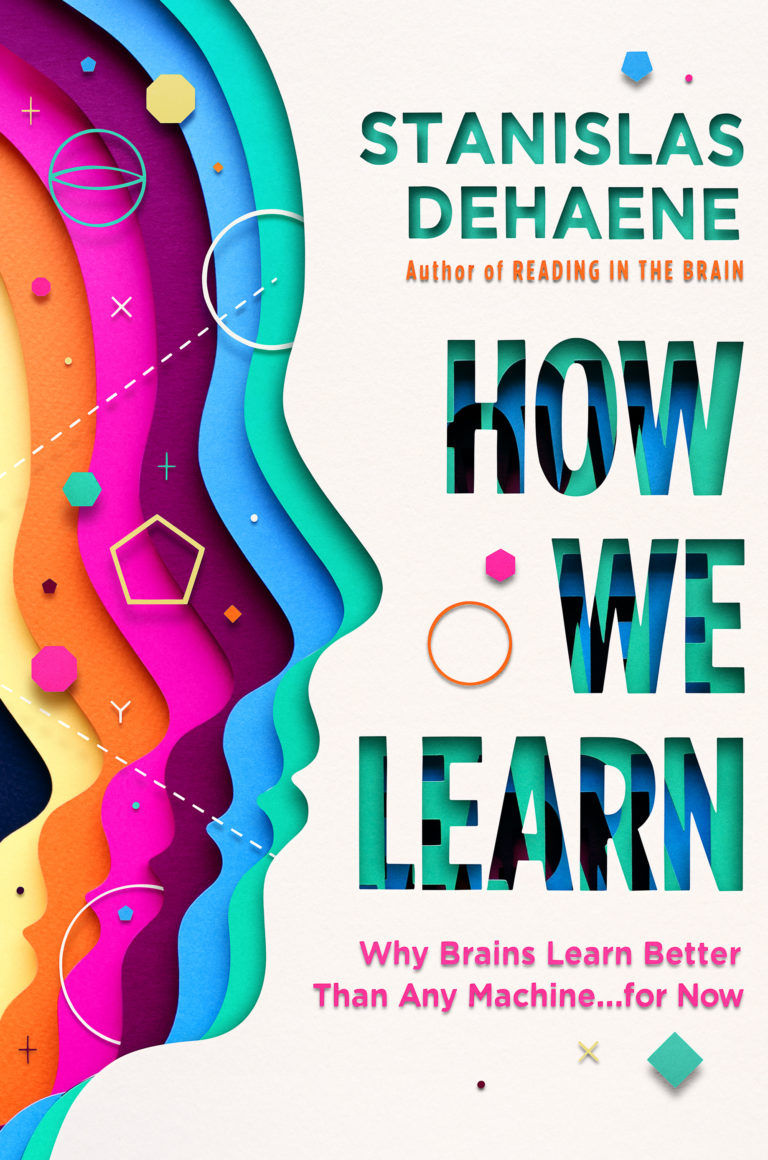Tags
ADHD adolescence attention autism book review boundary conditions classroom advice conference speakers constructivism/direct instruction creativity desirable difficulty development dual coding elementary school embodied cognition emotion evolution exercise experts and novices gender high school homework intelligence long-term memory math methodology middle school mind-wandering mindfulness Mindset motivation neuromyths neuroscience online learning parents psychology reading retrieval practice self-control skepticism sleep STEM stress technology working memoryRecent Comments
- Roberta on Seriously: What Motivates Teachers to Be Funny?
- Revisiting the "Handwriting vs. Laptops" Debate: More Moving Goalposts |Education & Teacher Conferences on Handwritten Notes or Laptop Notes: A Skeptic Converted?
- The Power Of A Growth Mindset: How Students Can Overcome Challenges - Sunshine Blessings on The Rise and Fall and Rise of Growth Mindset
- Goals, Failure, and Emotions: a Conceptual Framework |Education & Teacher Conferences on “Learning from Mistakes” vs. “Learning from Explanations”
- From Destruction to Rebuilding: Hope in Science’s Down Cycle on When Analogies Go Wrong: The Benefits of Stress?
ABOUT THE BLOG
Tag Archives: classroom advice

Cold Calling and Bad Pizza
Teachers get contradictory advice about “cold calling.” Well designed research might offer us clear guidance. Continue reading

Are “Retrieval Practice” and “Spacing” Equally Important? [Updated]
A recent study with college precalculus students helps us understand: is retrieval practice more important than spacing? Continue reading

Where Should Students Study?
My teachers told me to study in the library. What does today’s research say? Continue reading

“How We Learn”: Wise Teaching Guidance from a Really Brainy...
How We Learn, by Stanislas Dehaene, offers a rich and fascinating look at human brains, their ways of learning, and the best ways to teach them. Continue reading
Posted in Book Reviews, L&B Blog
Tagged attention, classroom advice, neuroscience, parents
3 Comments

An Unexpected Strategy to Manage Student Stress
We might be inclined to reassure our anxious students, and advise them to “remain calm.” This research, however, suggests a surprising alternative. Continue reading

Balancing Direct Instruction with Project-Based Pedagogies
Tom Sherrington’s essay on direct instruction and project-based pedagogies is now available on his website. And: it prompts important questions about the novice/expert continuum. Continue reading

Concrete + Abstract = Math Learning
Should math instruction focus on concrete examples (frog puppets and oranges) or abstract representations (numbers and equations)? This research suggests: a careful balance of both. Continue reading
![AdobeStock_178196648 [Converted]_Credit](https://www.learningandthebrain.com/blog/wp-content/uploads/2019/12/AdobeStock_178196648-Converted_Credit-768x1080.jpg)
When Good Classroom Assignments Go Bad
Classroom assignments often sound like great ideas, until they crash into working memory limitations. Happily, we’ve got the strategies to solve this kind of problem. Continue reading

Can Multiple-Choice Tests Really Help Students?
Surprise: a well-designed multiple choice question might in fact help students. Why? Because it requires extra retrieval practice to sort out all the answers. Continue reading
More about Macbeth and Memory
Earlier this month, I wrote about the distinction between autobiographical memory and semantic memory. Both…
